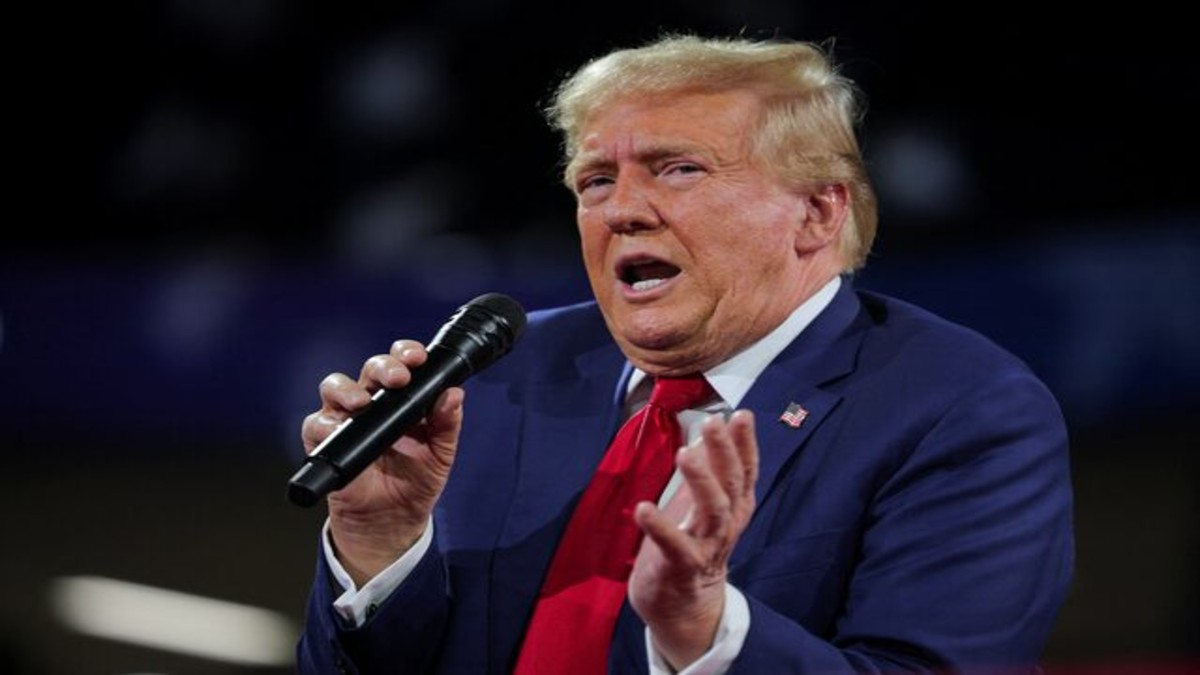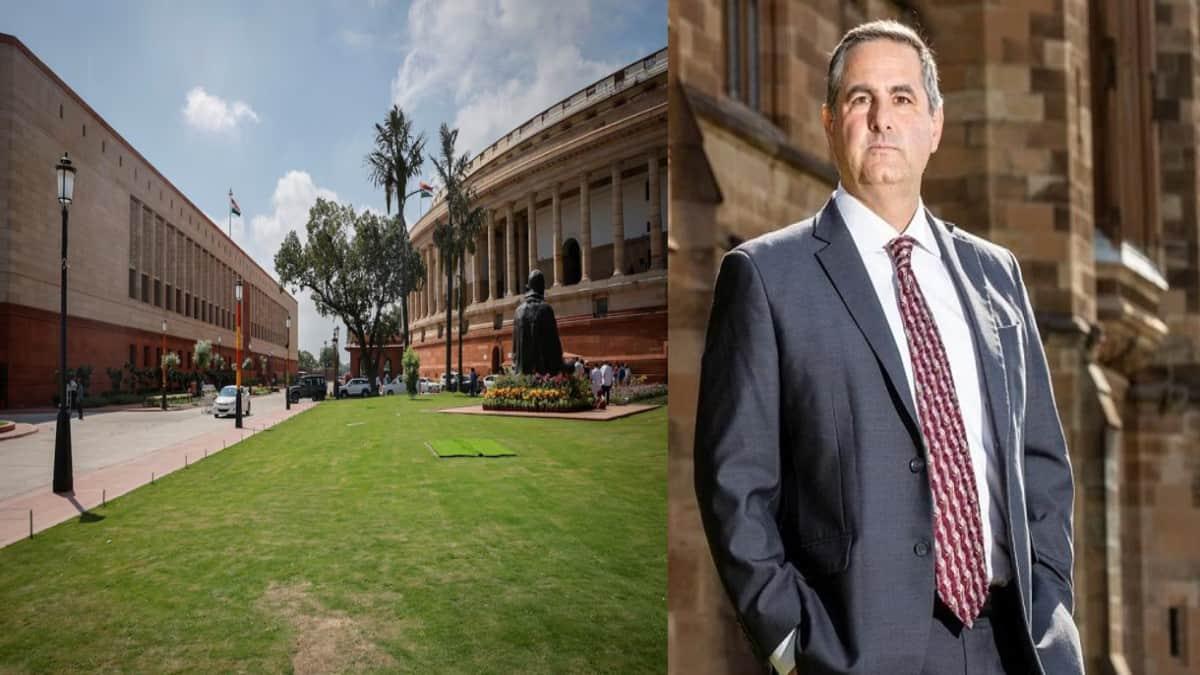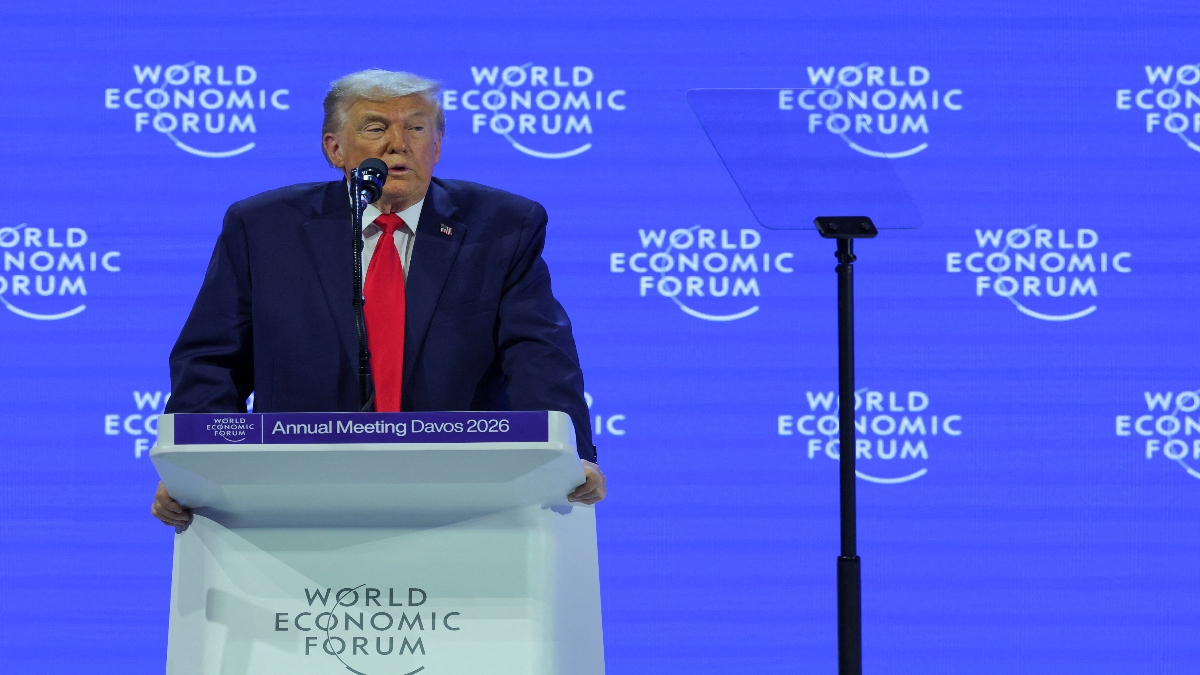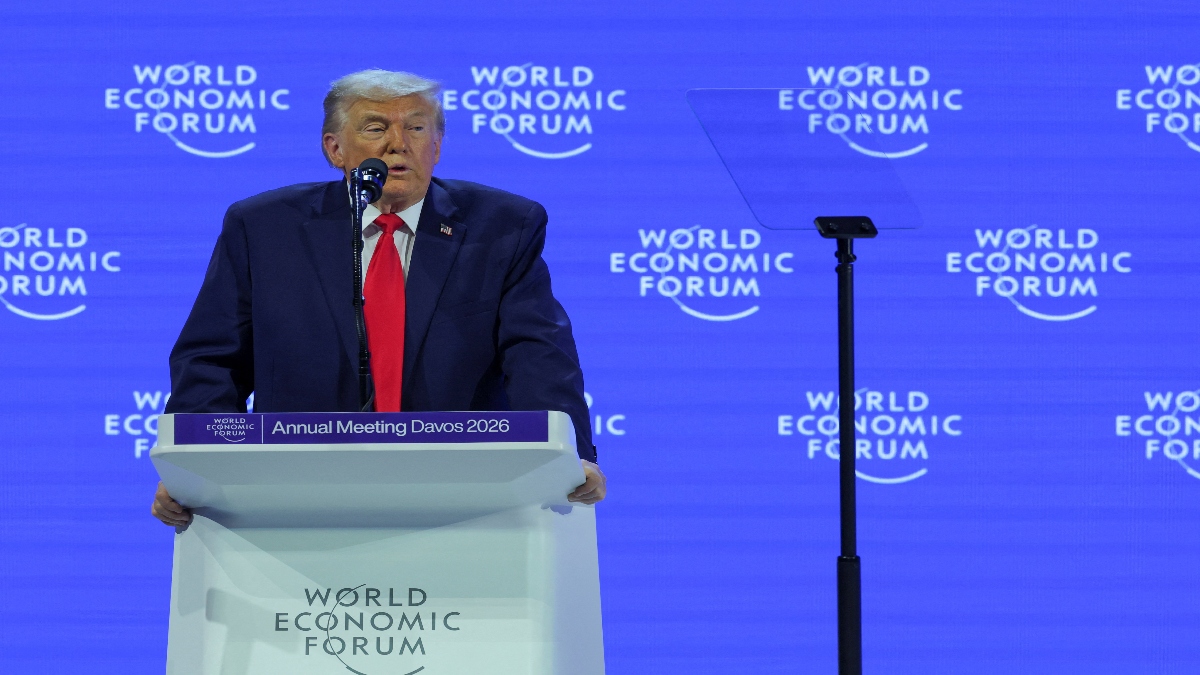US President Donald Trump announced on July 30, 2025, that a 25 per cent tariff on Indian goods—along with additional penalties over India’s continued engagement with Russia—would take effect from August 1, 2025. In a striking contradiction, he simultaneously claimed to have concluded a trade and energy deal with Pakistan—India’s traditional adversary. While India has no objection to such bilateral engagements between sovereign nations, Trump went a step further by stating, “Who knows, maybe they’ll be selling oil to India some day!” This wasn’t merely an offhand comment—it was a calculated provocation.
India and Pakistan are archrivals, and the idea of such dependence is not only unrealistic but also strategically unacceptable. By making such statements, Trump is not merely playing geopolitical games—he is striking at the heart of India’s national security sensitivities and damaging a relationship that both countries have spent decades nurturing into a consequential partnership for the 21st century.
Trump has consistently hyphenated India–Pakistan relations, weakening India’s position on cross-border terrorism by boosting Pakistan’s strategic confidence through repeated endorsements and by portraying both countries as equals. These actions have granted Pakistan undue strategic legitimacy, disregarding decades of US policy that sought to engage India as an independent and trusted strategic partner.
Trump’s aim—repeated over 29 times—that he personally brokered a ceasefire between India and Pakistan has been unequivocally denied by top Indian officials, including Prime Minister Narendra Modi, Foreign Secretary Vikram Misri, External Affairs Minister S Jaishankar, and Defence Minister Rajnath Singh. By drawing false parallels and exaggerating his role, Trump has jeopardised India’s core interests and eroded the trust carefully built by successive US administrations.
Quick Reads
View AllA Diplomatic Liability
Recently, India’s Parliament witnessed a heated debate in which opposition leaders urged Prime Minister Modi to directly refute Donald Trump’s repeated claims that he brokered the recent India–Pakistan ceasefire. But such directness is unlikely to yield results. Trump is not a leader who responds to logic or diplomacy. His erratic, impulsive, and reactive personality makes engagement unpredictable. Even if the Indian prime minister corrects him publicly, Trump may repeat the same claim in the evening—and again the next day. The problem lies in Washington, not New Delhi.
This isn’t a unique pattern. Trump turned against Elon Musk—a long-time supporter—after a minor disagreement, telling him to “go back to South Africa” and threatening to revoke federal subsidies supporting Tesla and SpaceX. Notably, Musk was the largest individual donor to Trump’s 2024 campaign, contributing between $250 million and $290 million to pro-Trump political action committees.
Despite this staggering support, Trump turned on him without hesitation—highlighting his transactional nature and readiness to discard even his most generous allies over personal slights. Similarly, Indian-American politician Vivek Ramaswamy had the foresight to distance himself from Trump early on—an act of pragmatism that likely spared him from similar treatment.
Trump is not a conventional statesman. He governs through impulse-driven outbursts on Truth Social, his personal platform, bypassing standard diplomatic channels and norms. One cannot expect rational behaviour or consistency from someone so clearly erratic. Even when India’s prime minister and foreign minister have privately countered his claims, Trump has continued repeating the same falsehoods, showing a complete disregard for diplomatic engagement.
Undermining India’s Core Sensitivities
By equating India and Pakistan, Trump has granted Pakistan undeserved strategic legitimacy and confidence, despite its entrenched history of sponsoring terrorism against India.
Recently, Pakistan’s army chief, General Asim Munir, was hosted by Trump at a private luncheon at the White House—an extraordinary and rare gesture, especially considering that only a handful of Pakistani generals have ever received such treatment. Trump went on to lavish praise on Munir, calling him “extremely influential in stopping the conflict from the Pakistan side” and crediting both Munir and Modi for preventing what he claimed could have escalated into a nuclear war. Adding to this, Centcom Commander General Michael Kurilla described Pakistan as “a phenomenal partner in the counter-terrorism world,” blatantly ignoring its well-documented role in nurturing and exporting terrorist proxies.
This repeated validation—through White House meetings, public praise, and exaggerated claims of Pakistan’s counter-terrorism role—undermines India’s diplomatic efforts to isolate state-sponsored terrorism. Praising a country that has itself sponsored terrorism against India is not only absurd but also adds insult to injury. Instead of backing India’s fight, Trump’s gestures have offered moral and strategic encouragement to Pakistan’s military and political leadership—eroding the very trust that should define India–US strategic ties.
Deliberate Provocation and Strategic Damage
Trump’s recent suggestion that India might import oil from Pakistan is not only absurd—it appears to be a deliberate attempt to provoke and humiliate. While this may be part of a broader negotiation tactic aimed at pushing India into a trade deal, the damage inflicted on bilateral relations is severe. Trump has thrown the India–US relationship into a Cold War–like deep freeze, eroding trust and mutual respect that had taken decades to build.
This shift is not the result of India’s foreign policy. The problem lies squarely with Trump. Unlike his predecessors—who operated with a sense of dignity, stability, and strategic foresight—Trump has pursued a chaotic, transactional approach that alienates allies and undermines shared interests. In one of his recent statements, Trump said:
“I don’t care if India is buying oil from Russia. I couldn’t care less. Let them do whatever they want. They can take their dead economies down together for all I care.”
Such a statement is not only undiplomatic—it reflects a complete disregard for the economic realities of global partnerships and disrespects a key strategic partner in the Indo-Pacific. Instead of reinforcing mutual interests, Trump has repeatedly chosen to antagonise, offend, and weaken the very relationship considered vital for regional balance and global stability and widely regarded as the defining partnership of the twenty-first century.
Moreover, Trump’s ignorance of India’s crucial moderating role in Brics reveals his blindness to structural realities. India’s presence in Brics has ensured the group remains a non-Western coalition rather than an anti-Western alliance. Without India, BRICS could have adopted an anti-dollar currency or an explicitly adversarial posture. But explaining such nuance to an impulsive and transactional US leadership seems futile. Trump is unable—or unwilling—to grasp the strategic logic of true partnerships.
Rebuilding Trust: A Long Road Ahead
The trust deficit between India and the US has widened significantly. Even those in India who once firmly believed in the potential of the bilateral relationship now feel disillusioned. But India has weathered such storms before. After the 1998 nuclear tests, the United States imposed sanctions on India. Back in 1971, it had deployed the Seventh Fleet to the Bay of Bengal in an attempt to intimidate India during the Bangladesh Liberation War. India didn’t bow down then—and it won’t now.
India will adapt and find its path, just as it has done in the past. As India’s leadership has repeatedly stated, every step will be taken to secure national interest. However, the damage inflicted by Trump’s erratic and impulsive leadership means that restoring faith in the relationship will take years, if not decades. Moving forward, we can expect a greater degree of scepticism and a likely recalibration of India’s foreign policy posture—possibly including greater resistance to US alignment.
Trump’s presidency has sown the seeds of growing anti-American sentiment in Indian strategic circles. His words and actions—especially repeated endorsements of Pakistan and disregard for India’s strategic concerns—have not just weakened the India–US partnership; they have dented the very idea of trust in global diplomacy. As The Economic Times recently noted, doubts over US reliability are once again taking root in Indian foreign policy circles, and that’s a serious blow to what was once considered the defining partnership of the twenty-first century.
Imran Khurshid is a visiting research fellow at the International Centre for Peace Studies, New Delhi. Views expressed in the above piece are personal and solely those of the author. They do not necessarily reflect Firstpost’s views.


)

)
)
)
)
)
)
)
)



